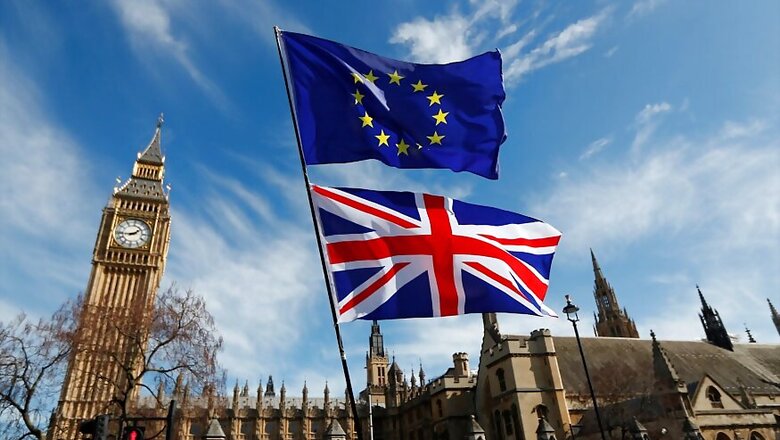
views
Brussels: Twenty-three European cities have put themselves forward as candidates to host two London-based EU agencies after they are forced to leave the British capital because of Brexit, the EU said Tuesday.
Nineteen cities have bid to host the European Medicines Agency (EMA) while eight have thrown their hats into the ring for the European Banking Authority (EBA), the European Council said in a statement.
"The two agencies will need to be relocated in the context of the UK's withdrawal from the EU. The future locations need to be decided by common agreement of the EU27 member states," the council statement said.
The 27 remaining EU countries excluding Britain are due to decide on the locations in November after the European Commission, the executive arm of the bloc, assesses the different bids.
"We will now proceed in assessing all offers in an objective manner," European Commission spokeswoman Mina Andreeva told reporters.
The deadline for applications to host the cities after Britain leaves the EU in March 2019 was Monday at midnight.
The cities seen as leading the race for the EMA are Amsterdam, Barcelona and Lille in France, with Athens, Bonn, Bratislava, Brussels, Bucharest, Copenhagen, Dublin, Helsinki, Milan, Porto, Sofia, Stockholm, Malta, Vienna, Warsaw and Zagreb also in contention.
The German financial hub of Frankfurt is the frontrunner for the EBA, followed by Paris and Luxembourg and Prague, while Brussels, Dublin, Vienna and Warsaw have also bid.
'Eurovision' voting system
Competition is likely to be intense with the medicines agency employing 900 people and the banking agency having 159 staff.
The choice of new host cities will be made via a complicated points system that officials have compared to the Eurovision song contest.
The European Commission will evaluate the bids in September, considering criteria such as accessibility for current employees, work opportunities for their spouses and schools for their children.
It will also look at whether a country already hosts other EU agencies to ensure they are not monopolised.
The EU 27 will then hold a political discussion on the offers in October before a secret vote in November.
Each country will have six voting points -- three for its first preference, two points for the second and one for the third.
While they are allowed to vote for themselves they are also expected to take the commission's assessments into account.
If any one gets three points from 14 or more members then it automatically wins -- otherwise there is a second round for the top three candidate cities but with each country only getting one vote each.
Should there still be no clear winner, there will be a third and final knock-out round between the two final candidates.



















Comments
0 comment